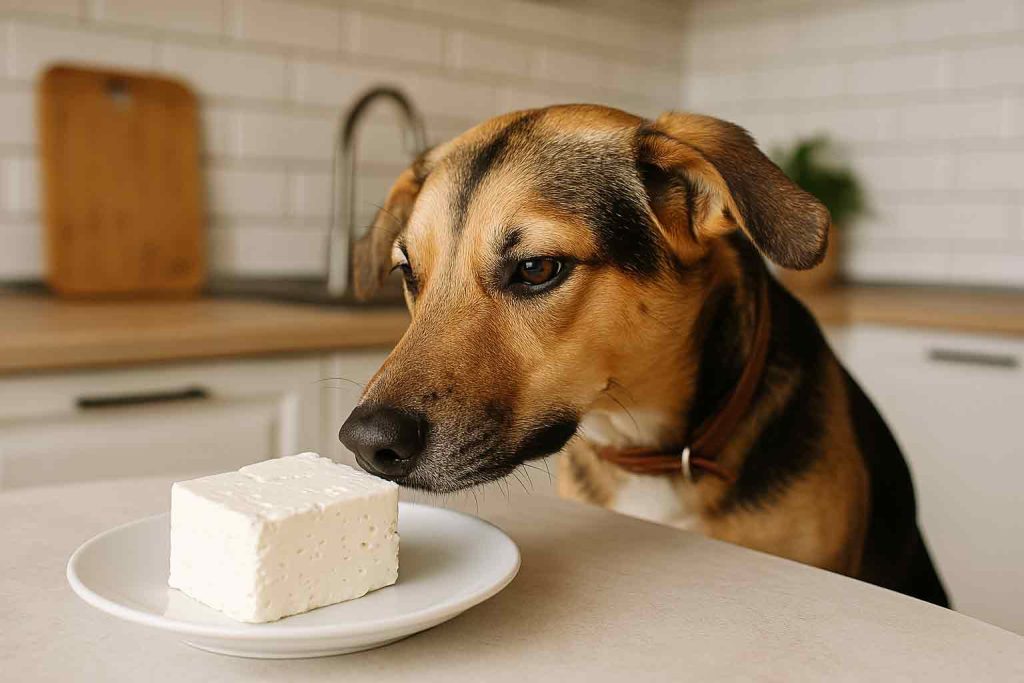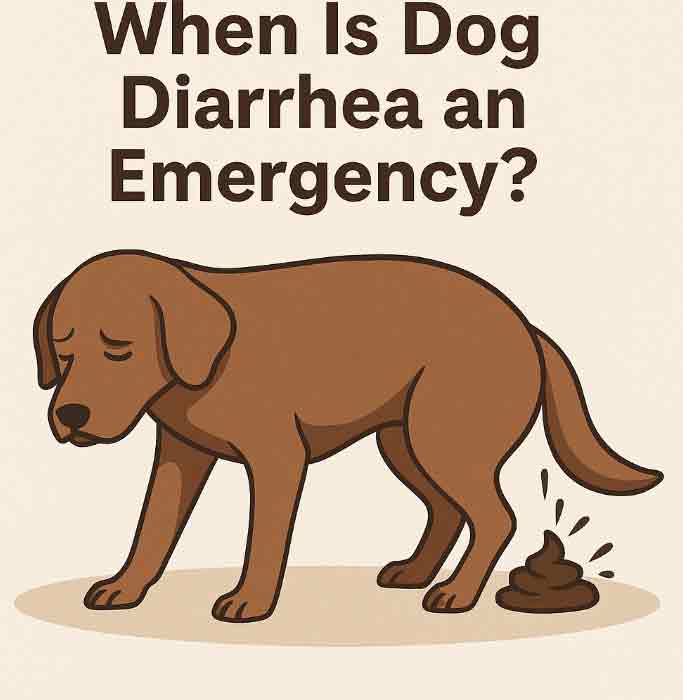Can Dogs Eat Feta Cheese? Benefits, Risks & Safer Alternatives
Table of Contents
- 1. Introduction
- 2. What Is Feta Cheese?
- 3. Can Dogs Eat Feta Cheese?
- 4. Nutritional Profile of Feta Cheese
- 5. Risks of Feeding Feta to Dogs
- 6. Lactose Intolerance in Dogs
- 7. The Problem with High Sodium
- 8. How Much Feta Cheese Is Too Much?
- 9. Healthier Cheese Alternatives for Dogs
- 10. Safe Ways to Feed Cheese to Dogs
- 11. Frequently Asked Questions
- 12. Final Thoughts
- 13. Key Takeaways
1. Introduction
If you’re a cheese lover, chances are you’ve enjoyed the salty, crumbly goodness of feta cheese. But if you have a dog, you may wonder—can dogs eat feta cheese? While dogs can enjoy a variety of human foods in moderation, not all cheeses are created equal when it comes to pet safety.
2. What Is Feta Cheese?
Feta cheese is a brined curd white cheese made primarily from sheep’s milk, or a mixture of sheep and goat milk. It’s known for its tangy flavor, crumbly texture, and high salt content. Popular in Mediterranean diets, feta is often used in salads, wraps, and baked dishes.
3. Can Dogs Eat Feta Cheese?
Technically, yes—but it’s not recommended. Feta cheese is not toxic to dogs, but it contains high levels of sodium and saturated fat, both of which can be harmful to your dog if consumed in excess. Additionally, most dogs are lactose intolerant to some degree, making cheese a potentially problematic treat.
4. Nutritional Profile of Feta Cheese
Feta cheese contains several nutrients that may seem beneficial, including calcium, protein, and vitamin B12. However, it also packs:
- High sodium levels (over 300mg per ounce)
- Significant amounts of saturated fat
- Lactose, which can upset canine digestion
These factors make feta less than ideal for your furry friend.
5. Risks of Feeding Feta to Dogs
Feeding your dog feta cheese comes with multiple potential health risks:
- Gastrointestinal upset: Vomiting, gas, or diarrhea due to lactose or fat
- Salt toxicity: High sodium can lead to dehydration and even poisoning
- Weight gain: Extra fat and calories can contribute to obesity
- Pancreatitis: Excess fat may trigger this painful and serious condition
6. Lactose Intolerance in Dogs
Many adult dogs produce lower levels of lactase, the enzyme needed to digest lactose (milk sugar). Feeding dairy to lactose-intolerant dogs can result in:
- Loose stools
- Gas and bloating
- Stomach pain
If your dog has shown signs of dairy sensitivity before, avoid feta altogether.
7. The Problem with High Sodium
Dogs need only a small amount of sodium in their diets. Feta cheese contains significantly more than what’s safe for most dogs. Too much salt can lead to:
- Increased thirst and urination
- Kidney strain or damage
- Hypertension (high blood pressure)
In severe cases, it may even cause salt poisoning, which requires emergency care.
8. How Much Feta Cheese Is Too Much?
If your dog happens to sneak a bite of feta cheese, it’s unlikely to cause harm. However, you should avoid offering it regularly. A rough guideline would be:
- Small dogs: Less than 1/2 teaspoon occasionally
- Medium dogs: Up to 1 teaspoon
- Large dogs: No more than 1 tablespoon
Always monitor your dog afterward for signs of digestive upset or discomfort.

9. Healthier Cheese Alternatives for Dogs
If you’d like to offer your dog cheese as a treat, consider lower-fat, low-sodium options:
- Low-fat mozzarella (in moderation)
- Cottage cheese (plain, unsalted)
- Swiss cheese (lower in salt)
Even these alternatives should be fed occasionally and in small quantities.
10. Safe Ways to Feed Cheese to Dogs
If you do give your dog cheese, keep these safety tips in mind:
- Use as a high-value training treat
- Cut into very small portions
- Avoid cheeses with added herbs, garlic, or spices
- Introduce slowly to check for lactose intolerance
11. Frequently Asked Questions
Can dogs eat feta cheese in salads?
No. Salad dressings often contain garlic, onion, and other toxic ingredients.
What if my dog accidentally eats feta cheese?
Watch for signs of salt toxicity or upset stomach. Contact your vet if symptoms appear.
Is goat cheese better for dogs?
Not necessarily. Goat cheese is often lower in lactose but can still be high in fat and salt.
12. Final Thoughts
While feta cheese is not toxic to dogs, it’s far from an ideal snack. Its high salt, fat, and lactose content make it a poor choice, especially for dogs with sensitivities or underlying health issues. If you want to reward your pup with cheese, stick to safer, milder options—and always in moderation.
13. Key Takeaways
- Feta cheese is not toxic, but not recommended for dogs
- High salt and fat can lead to health problems
- Lactose intolerance is common in dogs
- Offer safer alternatives like cottage or mozzarella cheese
- Moderation is key; treat cheese as an occasional indulgence







